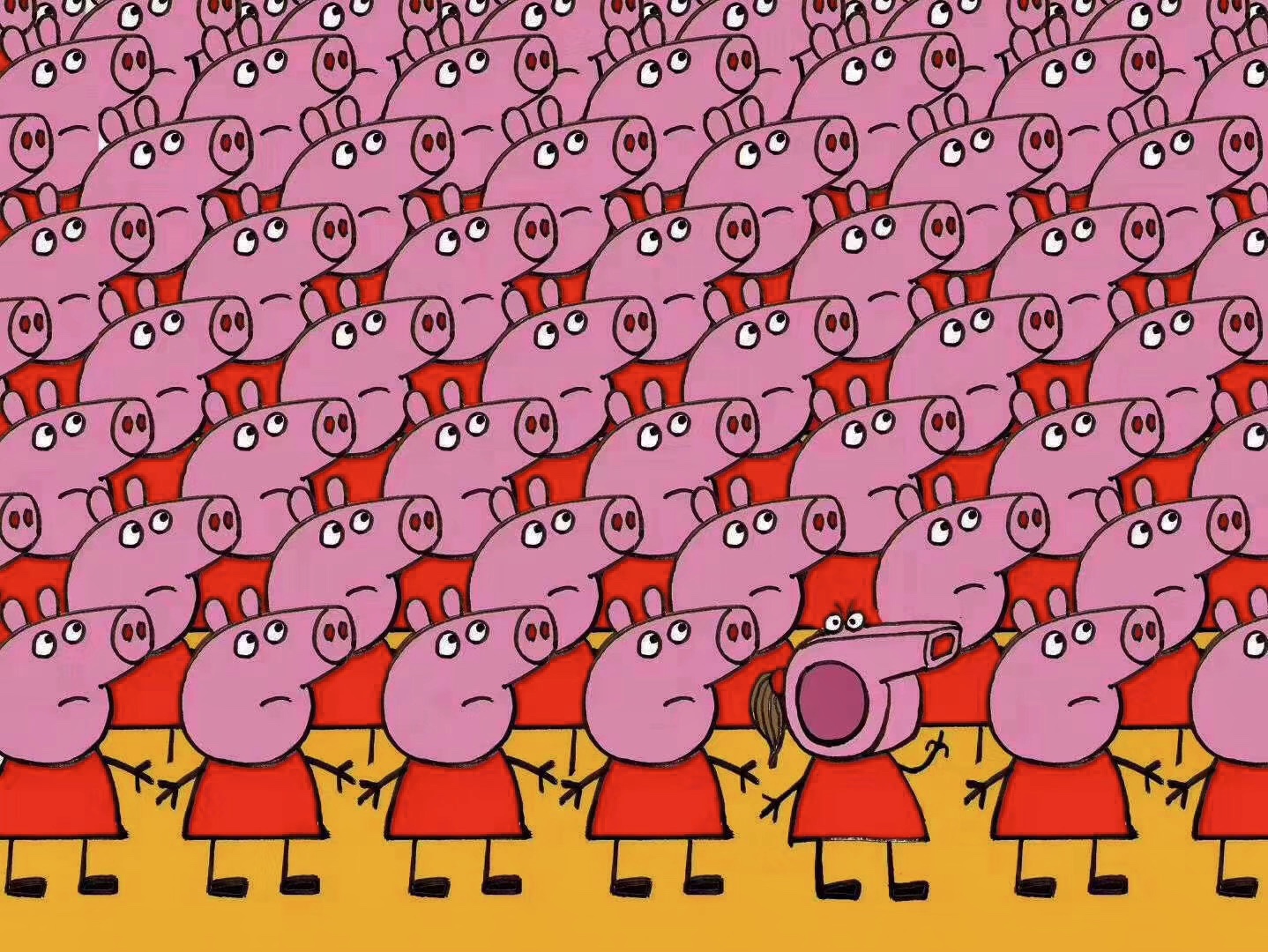This week, Chinese magazine <People> published an interview with Ai Fen, a Wuhan doctor who was censored and disciplined by hospital authorities for sharing a diagnostic report on WeChat showing a patient with SARS-like pneumonia in late December. The alarm that Ai sounded was soon shared by her colleague Dr. Li Wenliang and seven other medical workers who were labeled as “rumormongers” and officially admonished by Wuhan authorities for spreading “illegal information.”

Wuhan Doctor Ai Fen
The article unsurprisingly was scrubbed from social media and <People>’s webpage . Chinese netizens were pissed and quickly took actions to preserve the interview in unconventional ways, kickstarting a digital censorship battle. Some wrote the story backwards, while others used “Martian” language – a coded language based on popular ancient Chinese characters.

Martian Language Version
Some also turned to the help of emojis、the braille alphabet and morse code to make the text more difficult to be recognized by censorship algorithms. There are even versions of the article in Klingon and Quenya. While the various versions of the story are being deleted one after another, people are still racing alongside censors to share ever more radical versions of the article on a growing number of platforms. The battle has essentially became a public performance art project.

Emoji Version

3D Art Version

Braille Version

The Whistleblower
A Chinese writer wrote on his wechat article : “Is it fun? Of course it’s fun. This is comedy of the most ridiculous nature triggered by an article; but it also perfectly explains that the core of comedy is tragedy. As a writer I hope to be able to use Chinese freely! ”

